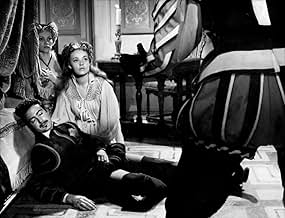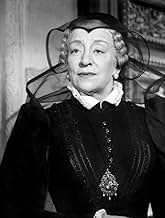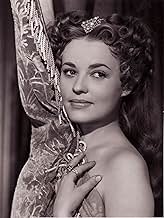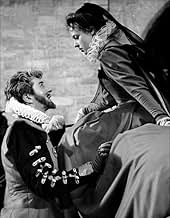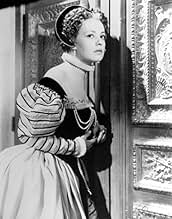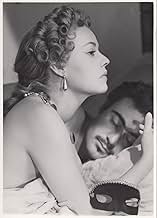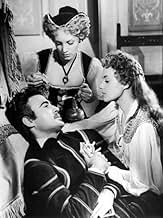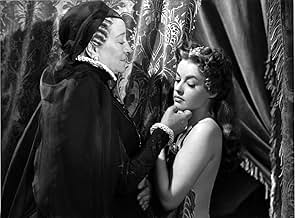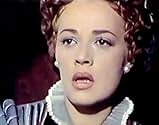Imprimis: J.G. Correa's critique contained an error--"Nota Bene that the St. Bartholomew's Day massacre was NOT re-enacted in this Abel The Abel Gance/Jean Dréville version." My memory of the film disputes that error in the critique It most indubitably WAS "re-enacted".
I saw the film in 1954 in a village named Yatchi near Sendai in Honshu, Japan when I was a mere stripling of ten years. I fled the movie house when the massacre of St. Bartholomew was enacted, traumatized by the sight of Huguenot women being stripped of their shifts and then put to the sword by the Catholic subjects of Charles IX. As a young American film-goer I had never seen female nudity on the screen. Earlier in the film, Jeanne Moreau as Queen Margot wears a see-through chemise where one's voyeuristic sense was aroused by the sight of her nipples et al. In comparison, American historical films were sanitized and the McCarthyite atmosphere of the time would have not allowed such a film to be shown on American soil. Nevertheless in post-war Japan it was screened along with other French films noires featuring the great Jean Gabin in a primitive movie house with wooden benches to sit upon. An excellent film which I truncated by not waiting to see it to the end.

